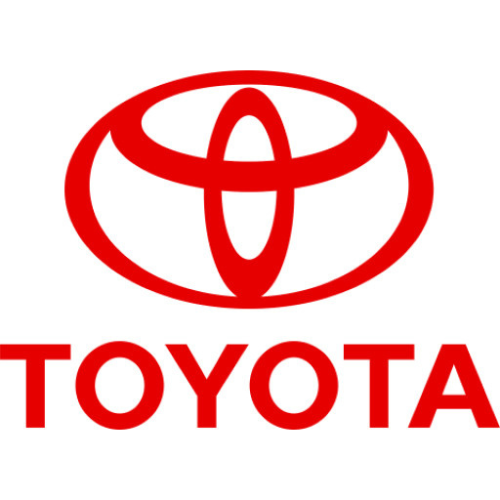In a major setback to its reputation, Toyota Motor Corporation has confessed to additional instances of cheating on government-mandated certification tests for new models. This latest disclosure compounds previous admissions of similar misconduct, casting a shadow over the integrity of Japan’s largest automaker. The new instances of fraudulent testing have emerged amid ongoing internal investigations, further revealing systemic issues within the company’s certification processes.
Details of the Latest Scandal
Toyota’s latest report highlights improper certification practices for seven models, including popular vehicles such as the Camry sedan and the RAV4 sport utility vehicle. The falsified tests in question involve critical safety assessments, such as pedestrian protection, side collision performance, and steering impact tests. Despite these serious discrepancies, the company has assured customers that there are no immediate safety concerns for current vehicle owners, and there is no need for any action on their part. Additionally, the company clarified that its overseas production has not been affected by these issues.
June Apology and Initial Findings
This development follows a June apology from Toyota’s chairman, Akio Toyoda, who addressed extensive testing irregularities discovered in six models, including the Crown and Lexus RX luxury models. The initial scandal led to a suspension of production for certain models in Japan. Toyoda expressed deep regret for the company’s failure to properly conduct certification operations and apologized for any concern or inconvenience caused to stakeholders. He emphasized Toyota’s commitment to rectifying the issues and restoring trust.
Root Causes and Internal Investigation
The root of the problem appears to lie in a fundamental lack of understanding among Toyota’s workers and managers regarding the importance and proper preparation of certification documents. The company admitted that both workers and their supervisors did not fully grasp the rules for preparing these crucial documents, leading to widespread errors and oversight. As part of its internal investigation into these irregularities, Toyota has been working to address these knowledge gaps and prevent future misconduct.
Sanctions Clash: US Lawmakers Push to Ban Chinese Battery Giants Linked to Uyghur Forced Labor
Scope of Fraudulent Practices
The scope of the fraudulent testing practices is extensive and alarming. It involves using outdated or inadequate data for collision tests, conducting incorrect tests on airbag inflation and rear-seat damage during crashes, and falsifying engine power tests. These deceptive practices were also found in some discontinued models, indicating a broader and more entrenched issue within Toyota’s testing procedures.
Industry-Wide Implications
Toyota is not alone in facing such scrutiny. Similar fraudulent testing practices have been discovered at other major Japanese automakers, including Mazda Motor Corporation and Honda Motor Company.
Additionally, Toyota’s group companies, Hino Motors and Daihatsu Motor Co., have also been implicated in similar scandals. This points to a potential industry-wide issue within Japan’s automotive sector, where regulatory compliance and testing integrity have been compromised.
Toyota’s Response and Corrective Measures
In light of these revelations, Toyota has informed the Japanese government of its findings and reiterated its commitment to reforming its corporate culture and work practices. The company is taking proactive steps to ensure compliance with all relevant standards and to restore its reputation for quality and reliability.
Canadian National Klaus Pflugbeil’s Guilty Plea: Sending Electric Vehicle Trade Secrets
Production Suspension and Future Steps
To address the issue, Toyota has halted production of the Corolla Fielder, Corolla Axio, and Yaris Cross models for the Japanese market since June 3. The suspension is set to continue until September, pending confirmation from the transport ministry that these models comply with all necessary standards. This pause in production reflects Toyota’s commitment to addressing the issues head-on and ensuring that its vehicles meet the highest safety and quality standards.
The unfolding scandal at Toyota highlights the critical importance of maintaining rigorous and transparent testing processes in the automotive industry. As one of the world’s leading automakers, Toyota’s commitment to correcting its course will be closely watched by industry observers and consumers alike. The company’s efforts to rebuild trust and ensure compliance will be crucial in determining its future trajectory and reputation.
Toyota’s acknowledgment of additional certification cheating presents a major challenge for the company. While no immediate safety issues have been reported, the scandal has exposed deep-rooted problems within its testing and certification processes. Toyota’s response and corrective actions in the coming months will be critical in restoring confidence and demonstrating its commitment to integrity and quality.


